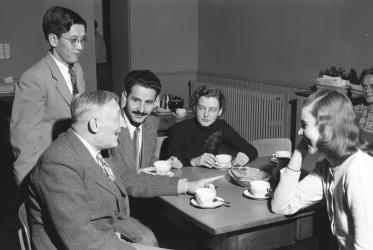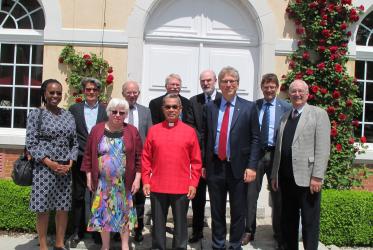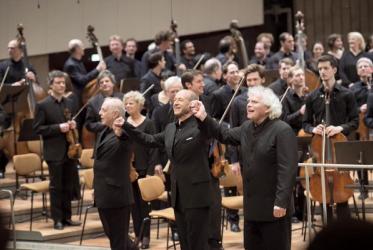Displaying 121 - 140 of 198
Tveit offers input at religion and development meeting
03 October 2016
Bossey anniversary commemorates 70 years of heartfelt dialogue
28 September 2016
Hielke Wolters: Apostle of mission strategies
01 August 2016
A fresh agenda for ecumenism in Asia
20 July 2016
Panel discussion fields ideas on European identity
26 April 2016
Catholic-WCC group pursues new mandate
13 April 2016
Refugees in Berlin get dose of culture
10 March 2016
Religion and Violence Prevention in the Americas
28 February - 01 March 2016
Washington D.C., United States - Attendance by invitation only.
WCC/UN conference calls for coordinated action on refugee crisis
20 January 2016














